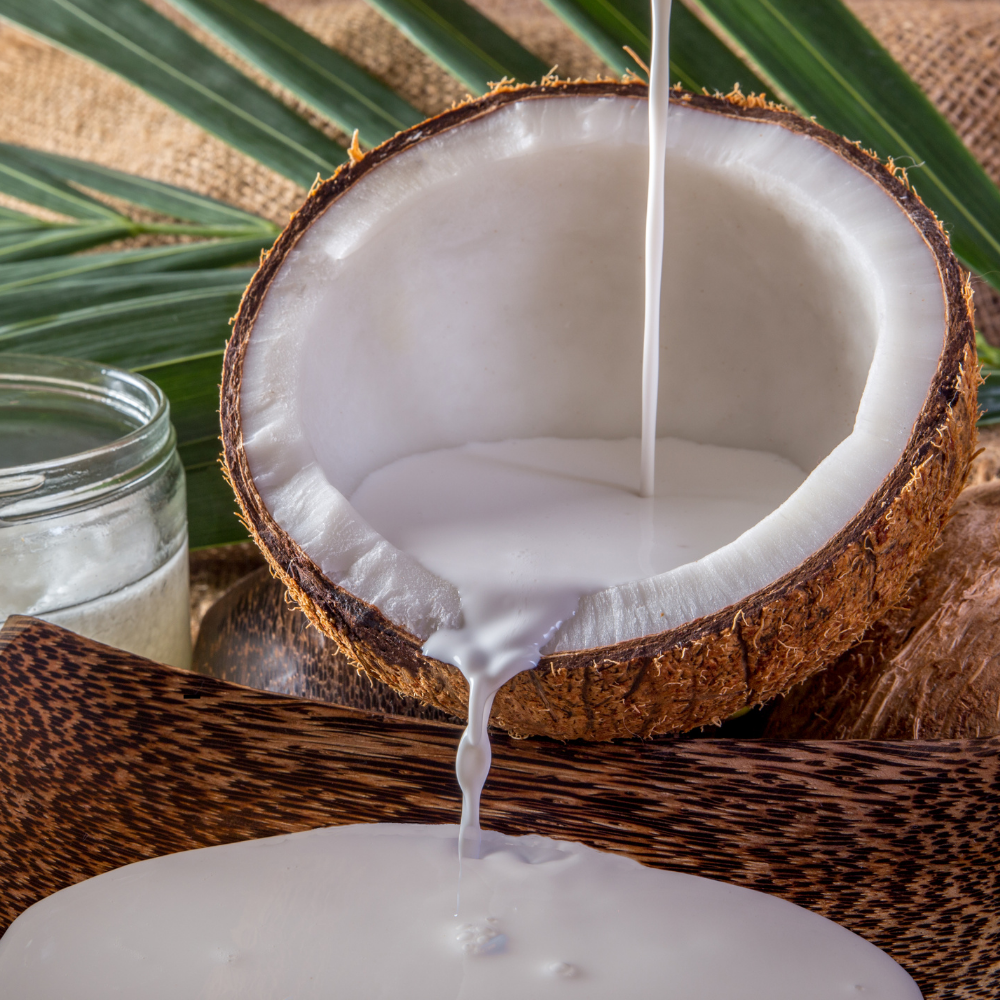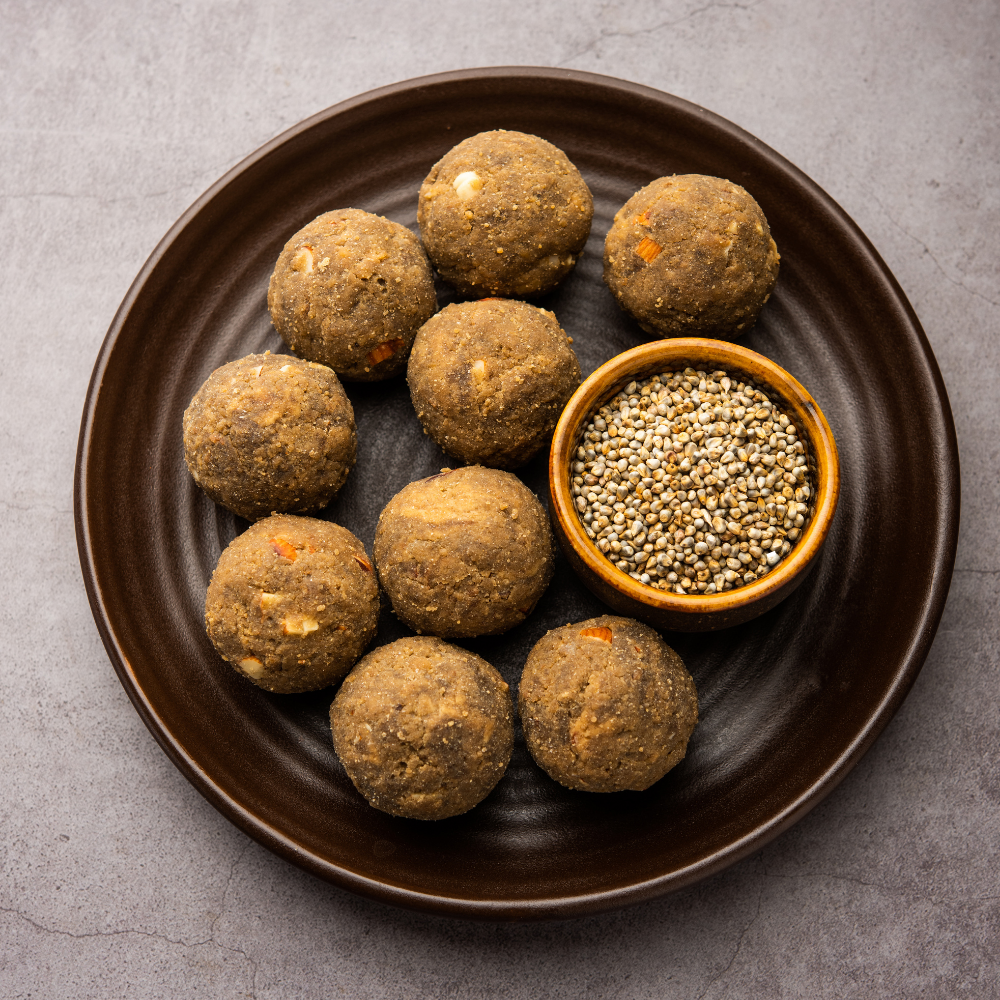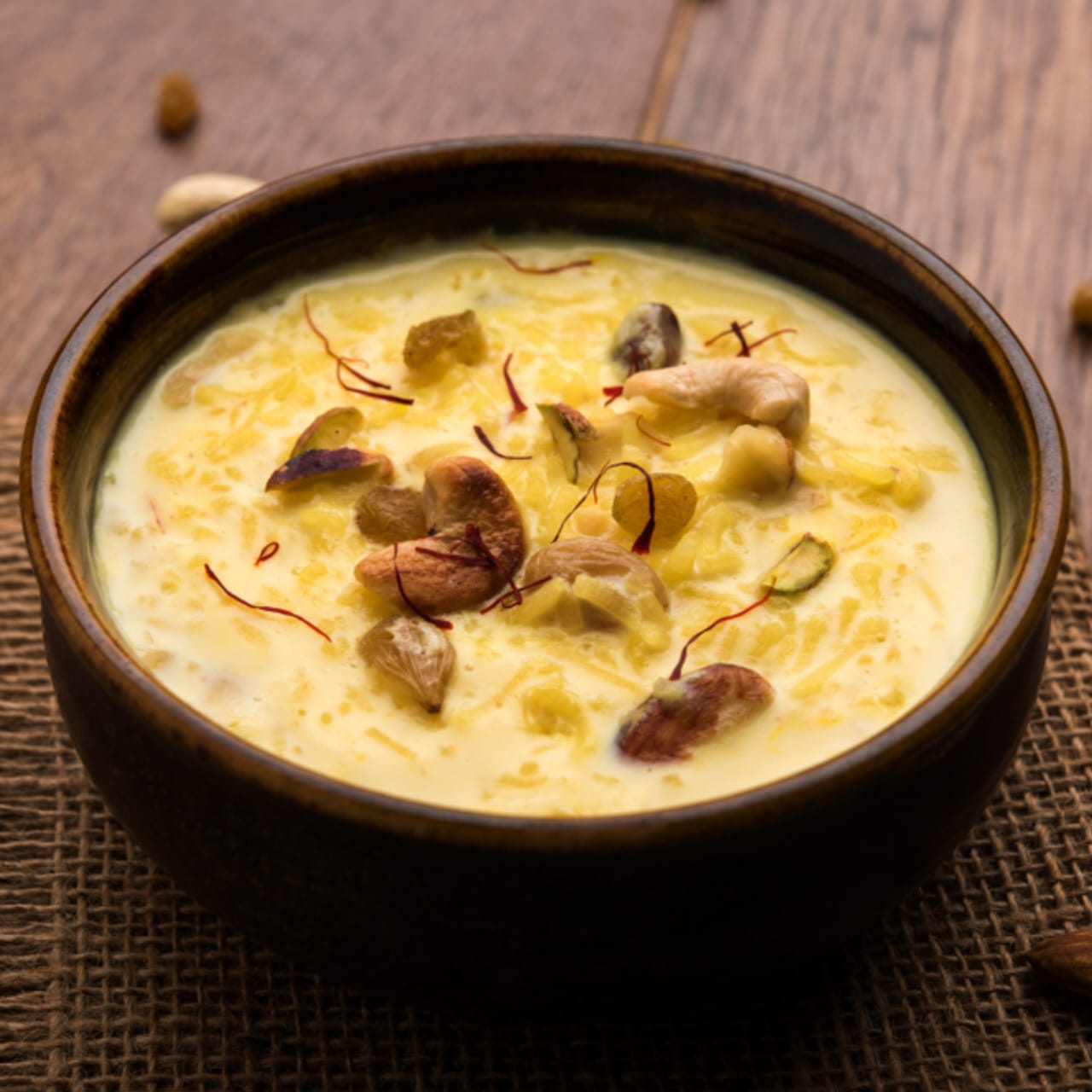There’s a special joy in making coconut milk from scratch. Cracking open a coconut, blending the flesh, and squeezing out the first drop of milk connects us to an old kitchen tradition. Coconut milk has been used for generations across India and Asia in curries, sweets, and even drinks for its rich flavor and natural sweetness.
At Zama, we believe food is more than an ingredient. It’s a story, a memory, and a connection to the people who grow it. Fresh coconut milk is a perfect example. With just one coconut and some water, you can create something valuable and real in your own kitchen.
Recipe Details
Prep Time: 20 minutes , Cook Time: 0 minutes , Total Time: 20 minutes , Servings: 3–4 cups
Ingredients
-
1 whole fresh coconut
-
2–3 cups hot water (adjust as needed)
Step-by-Step Process
Step 1: Crack the Coconut

Hold the coconut firmly and strike it with a hammer or heavy knife along the middle, rotating until it splits into halves. Drain the coconut water first if you like it’s refreshing on its own.
Step 2: Remove the Flesh

Pour boiling hot water over the halves to loosen the shell from the white flesh. Once cooled slightly, pry the flesh out using a butter knife or coconut scraper. Cut the flesh into small pieces to make blending easier.
Step 3: Blend with Water

Add the coconut pieces into a blender with one cup of hot water. Blend on high until smooth and creamy. Add more water if needed, but less water gives thicker milk.
Step 4: Strain the Milk

Place a muslin cloth or nut milk bag over a bowl and pour in the blended mixture. Gather the edges, twist tightly, and squeeze out the milk. This is your first, rich extract.
Step 5: Reuse the Pulp

Return the leftover pulp to the blender, add another cup of hot water, and blend again. Strain once more to get a lighter milk, perfect for soups or curries. Together, these extracts yield 3–4 cups of fresh coconut milk.
Step 6: Store

Transfer the milk to a glass jar or airtight container. Keep refrigerated and use within 2–3 days. If it separates into layers, just stir or shake. You can also freeze it in ice cube trays for longer storage.
Variations
-
Extra Creamy Milk – Use less water in the first blend for a thick, dessert-ready milk.
-
Light Coconut Milk – Add more water when reusing the pulp for cooking rice or stews.
-
Flavoured Coconut Milk – Blend with cardamom, cinnamon, or ginger for aroma.
-
Naturally Sweet Milk – Add a few soaked dates or a spoon of jaggery when blending.
Zama Tip
Choose coconuts that feel heavy and have water inside when shaken. At Zama, we source directly from farmers, ensuring each coconut is harvested at the right time for freshness and flavour. The better the coconut, the richer your milk will be.
FAQ
Q. Can I use this coconut milk in baking?
A. Absolutely. It’s great in cakes, muffins, pancakes, and bread. It adds moisture and a gentle coconut flavor.
Q. Can I use frozen coconut?
A. Yes. Just thaw before blending for best results.
Q. How do I keep it from splitting while cooking?
A. Cook on low to medium heat; high heat can cause separation.
Q1. How much milk will one coconut make?
A. Usually 3–4 cups, depending on how much water you use.
Q. What can I do with the leftover pulp?
A. Use it in curries, chutneys, or dry it to make coconut flour.




